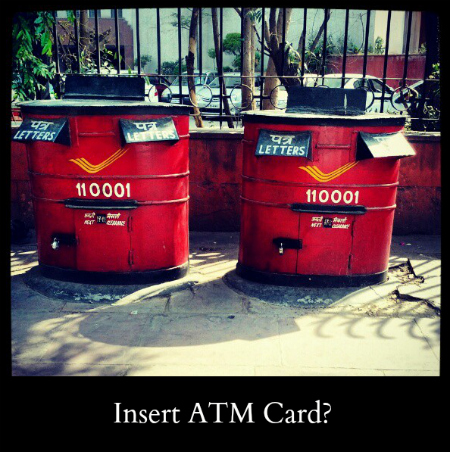
The finance world has been abuzz since the Reserve Bank of India (“RBI”) announced its intention to grant banking licences to a few more private sector entities. The July 1 deadline has passed and there are 26 contenders for these licences.
While no one was surprised to see established private sector groups like Tata, Birla, and Reliance on the list, entities like Muthoot Finance (the gold loan company) and some Non-Banking Finance Companies like Edelweiss Financial are also part of it. But the one that interests me the most is India Post.
India Post brings rural access to the table. At its current infrastructure, about 90% of its branches are in rural India. The RBI, with its focus on financial inclusion, has already made it compulsory for new lenders to have at least 25% of their branches in rural areas. So, you might think, who better than India Post to lead the ‘financial inclusion’ brigade?
The answer appears to be—almost everyone else. This is because:
1. New banks for private sector only: The RBI’s intention is to expand the representation of the private sector in banking, and to thereby fuel competition in the market. The new licensing norms titled ‘Guidelines for Licensing of New Banks in the Private Sector’ make that evident. So where does that leave India Post? To be a serious contender, either the department (a part of the Ministry of Communications and Information Technology) becomes a corporate entity, or the RBI will have to find a place for a government department in its new regulations.
2. Regulation of a government department: Let us assume that the RBI allows the latter option. How will the RBI enforce regulations on or penalise a government department?
3. Ability to run banking operations: Fundamentally, there are two functions that make an entity a bank — accepting deposits and lending funds. In a way, India Post is already running certain schemes that explain why it has any banking ambitions at all. The Post Office Savings Schemes allow people across the country to create savings accounts that offer good rates of interest and, in some cases, tax rebates. It is in the second function however, that it runs into a major roadblock. Our postal department has no experience in lending. There are no rules, guidelines, or paperwork to tell the department how to go about lending the corpus of funds that they collect from the deposits.
This is India Post’s biggest challenge. You see, they have the infrastructure, but they don’t have the people. You cannot convert your local postman into a bank branch manager. It would involve a colossal operational, not to mention a philosophical change, within the department for it to be equipped to handle banking operations. And experience tells us that change does not come to the Indian public sector easily.
Only five or six licences are expected to come out of this round, and it is unlikely that the RBI will announce its decision until 2014. I, for one, am interested to see the final take on India Post.
(Deeksha Singh is a member of the faculty on myLaw.net.)

